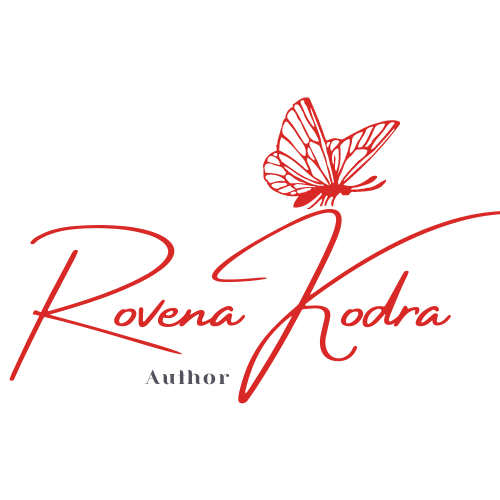The Power of Words -Are You the Creator or the Captive?
The Invisible Chains of Language: Are Words Guiding You or Controlling You?
Words: The Greatest Illusion Ever Sold
“In the beginning was the Word.” Or so we’ve been told. What if the Word—something we’ve worshipped, feared, and wielded—has been nothing more than a puppet, a tool we’ve mistaken for the puppeteer?
What if we’ve misunderstood the true power of words all along? What if the real creator isn’t the word itself, but the intent driving it? Could it be that words are nothing more than empty vehicles, waiting for us to steer them? And yet, what if we’ve handed over the reins, allowing these lifeless carriers to shape our realities, ignite our fears, and define our beliefs? What if the power we’ve ascribed to words is, in truth, the power we’ve abandoned within ourselves?
But here’s the real question: why do we let words hold this power over us? And perhaps more importantly, who decides what those words mean?
The Forgotten Creator: You
Consider this: the most well-intentioned words can create chaos in the wrong ears. You can whisper love and still be met with anger. You can offer kindness and still provoke rejection. How? Because the meaning of a word isn’t born in its delivery—it’s birthed in its reception.
Words are empty until you, the recipient, breathe life into them. Their impact isn’t in their syllables but in the attachment you assign. The meaning you extract is shaped not by the speaker’s intent, but by the lens of your experiences, fears, and beliefs.
This is the game we play with language: we attach universal labels to words but carry wildly individual meanings. A word that brings comfort to one might ignite pain in another. And so, we find ourselves imprisoned—not by the words themselves, but by the stories we’ve told ourselves about what those words mean.
The Trap of Interpretation
Imagine someone speaking passionately about bread. To one person, it’s nourishment, a warm memory of family dinners. To another, it’s a source of discomfort—an allergen, a reminder of limitations, or even shame. Same word. Different stories.
Or picture someone urging others to dream big and manifest their desires. To one listener, this might spark inspiration, a call to action. But to someone struggling to make ends meet, such words might feel like an insult—proof of how detached the speaker is from their reality.
Words don’t create conflict. We do. Through the meaning we impose, through the filters of our past, through the insecurities and wounds we carry.
The Illusion of Universality
We cling to the idea that words are universal. That if we just find the right ones, everyone will understand, accept, and feel exactly what we intend. But this is a lie.
The truth? Words are never universal. They’re subjective. We can collectively agree that “fire” refers to flames, but what fire means to you—a source of warmth, destruction, or fear—depends entirely on your life.
So why do we give words such power? Why do we let them define us, divide us, and dictate how we see the world?
The Dance of Intent and Attachment
Here’s the real kicker: even with the best intentions, you can’t control how your words will be received. The speaker’s intent and the listener’s interpretation are often worlds apart.
You may pour love into your words, but if the listener hears them through a filter of pain or mistrust, your message will be twisted into something unrecognizable. The problem isn’t the word itself. The problem is the attachment—the meaning, the baggage, the stories we’ve wrapped around it.
And yet, we blame the words. We call them “harsh,” “insensitive,” or “violent,” while failing to ask ourselves: What am I bringing to this conversation? What part of me is choosing to give this word its power?
Reclaiming the Strings of Creation
Words are not the creators of our reality. We are. They are tools, nothing more. The engine of creation is our intent, and the map is our attachment.
When you hear a word that stings, stop. Ask yourself: Why does this hurt? What story am I telling myself about this word? And is that story even mine?
When you speak, reflect: Is my intent clear? Am I speaking from my heart, or am I trying to follow a script that doesn’t belong to me?
Because here’s the truth: no word can harm you unless you let it. No word can heal you unless you allow it. The power lies not in the Word, but in you.
The Final Question
So, what will you choose? Will you remain a prisoner to words, letting them shape your world and dictate your emotions? Or will you reclaim your role as the creator, the one who decides what those words mean and where they will take you?
The Word is not the beginning. You are.


